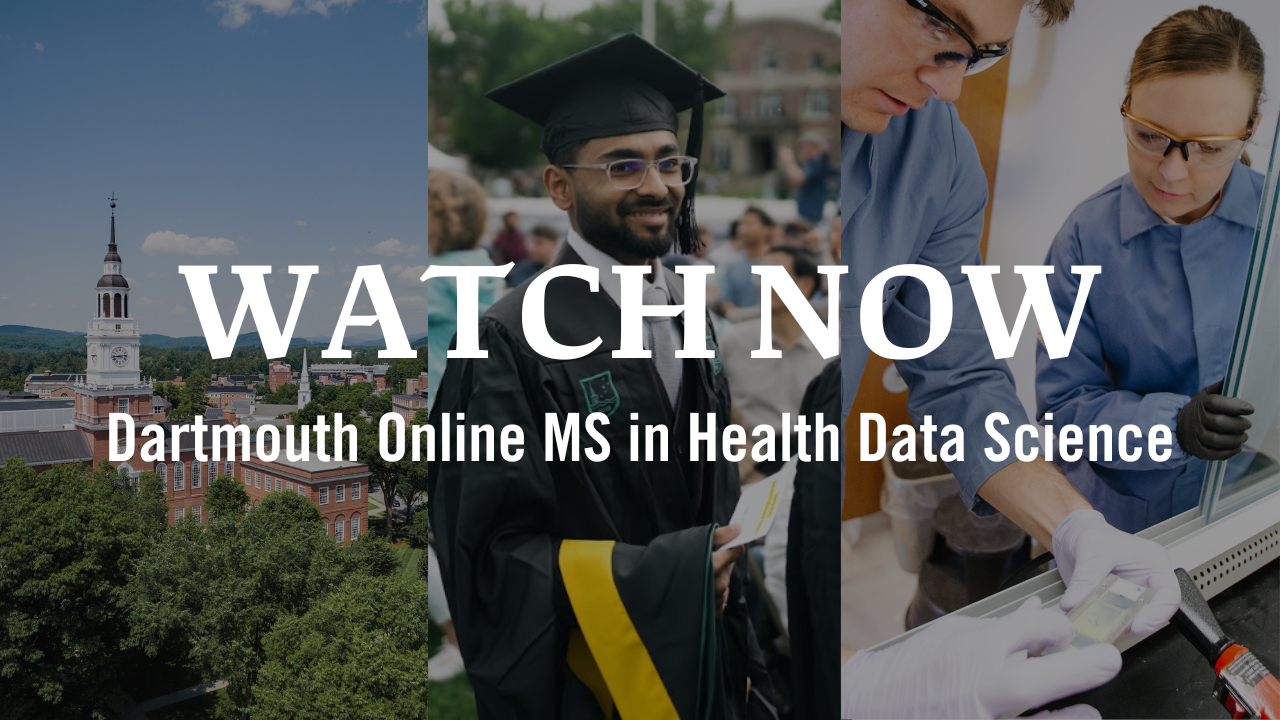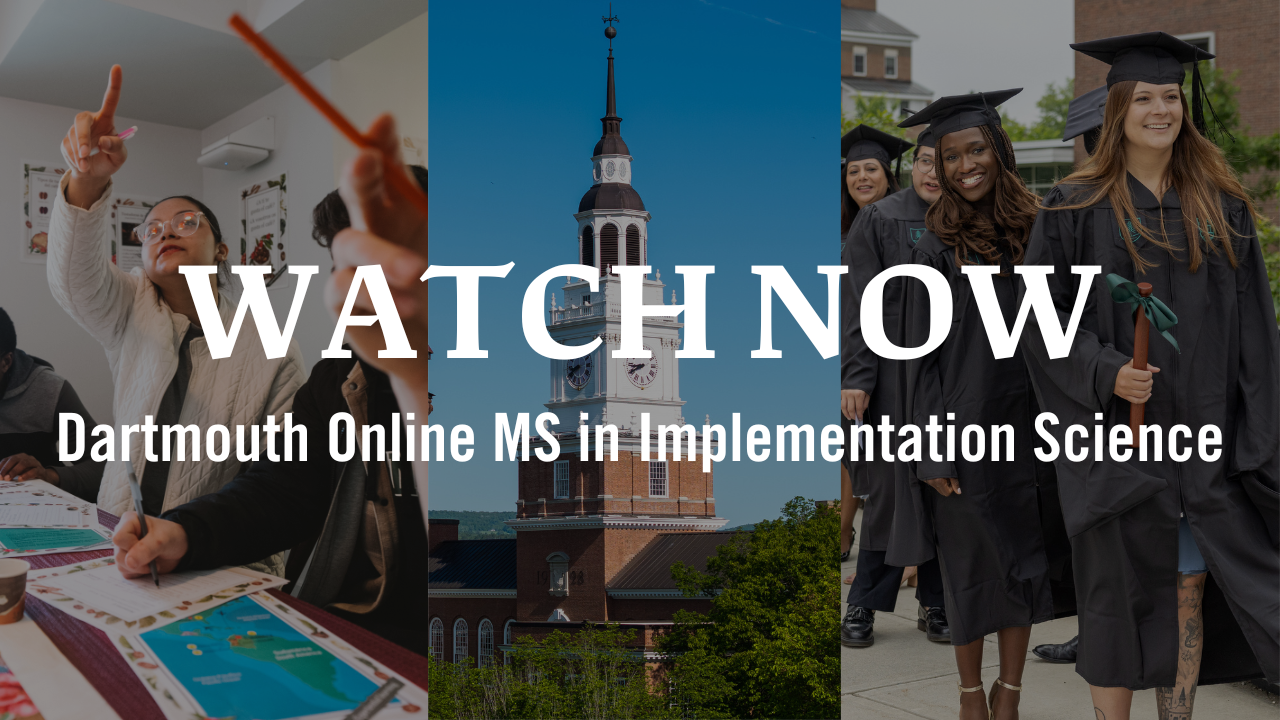Below, you will find detailed information about the Master of Public Health (MPH) program, including curriculum structure, experiential learning opportunities, the academic calendar, and course descriptions. Use the links below to navigate quickly:
- Distinctive Curriculum
- Year at a Glance
- Live Session Class Times
- Typical Week
- Academic Calendar and Course Descriptions
The online/hybrid MPH curriculum focuses on the development of essential quantitative and analytic skills, foundational knowledge about how healthcare systems function (or malfunction), and how they can work better. Students gain the knowledge and training they need to improve health system performance through quality improvement, leadership, health policy, and research.
Below is a summary of the courses students will take in the online/hybrid MPH program. All students take the same course together as a cohort.
- Students take 1 course at a time.
- 5 on-campus intensive learning sessions*
- All program components (e.g., Zoom calls, assignment due dates) operate on Eastern Time.
- Students work on their practicum projects throughout the entire program.
- The Online and Hybrid MPH Program can be completed 100% online, or students can visit campus during the Intensive Learning Weeks. Both the Hybrid and Online programs have identical curriculum, academic calendar, and course schedules.
- Hybrid Students – During the Intensive Learning Weeks when you’re on campus, you’ll attend learning sessions in person. You are encouraged to attend as many Intensive Learning Weeks on campus as you can. Many students come to campus for every Intensive Learning Week.
- Online Students – If you are not on campus for the Intensive Learning Weeks or Orientation, you are considered an “Online Student.” Most learning sessions are recorded and you will be required to watch the learning sessions and complete all assignments by specified due dates. Session recordings will be available within 24 hours of each session.
Required synchronous Zoom calls with course faculty will occur once a week throughout the program. You will have the same weekly class time throughout the duration of the program.
- Class of 2027 – Thursdays from 2:00 PM – 3:30 PM ET
- Class of 2028 – Thursdays from 11:30 AM – 1:00 PM ET
- Tuesdays – Formative assignment due (quiz or discussion post).
- Thursdays – Live session class in Zoom.
- Sundays – Summative assignment due (writing assignment or case analysis).
- Readings, videos, and learning materials reviewed throughout the week on Canvas.
Course descriptions by year are provided below. Most courses are offered in 3–5 week blocks in each term (summer, fall, winter, spring).
View the 2025–2026 course calendar here .
View the 2026–2027 course calendar here .
To find course descriptions, please navigate here .
- PH 201 Public Health Foundations
- PH 203 Health Systems
- PH 205 Bio-Psycho-Social Determinants of Health Equity
- PH 207 Inferential Methods and Measures
- PH 209 Introduction to Improvement Methods
- PH 210 Epidemiology of Health and Healthcare
- PH 212 Biostatistics: Interpretation & Appraisal
- PH 214 Introduction to Survey Methods for Public Health and Healthcare
- PH 218 Introduction to Qualitative Methods in Public Health Practice
- PH 224 Enhancing Communication & Teamwork
- PH 220 Anchor Institutions and Population Health
- PH 222 Ethics in Health and Healthcare
- PH 226 One Health: Pan-Epidemics in our Anthropocene
- PH 233 Applied Improvement Methods
- PH 238 Leading Change in Health Policy
- PH 242 Health Services Administration
- PH 252 Health Policy
- PH 256 Strategy for Population Health
- PH 243 Equity in Public Health
- PH 261 Practicum 1
- PH 262 Practicum 2
- PH 263 Practicum 3
- PH 264 Practicum 4
FINAL SCHOLARSHIP DEADLINE: FEBRUARY 1
REGISTER FOR AN UPCOMING VIRTUAL INFORMATION SESSION:
DISCOVER DARTMOUTH ALUMNI
Receive the latest updates on applying to Dartmouth
TALK TO OUR ADMISSIONS TEAM
Courtney Theroux
DIRECTOR, ENROLLMENT MANAGEMENT
Amanda Williams
ASSOCIATE DIRECTOR, ADMISSIONS AND RECRUITMENT
Hannah Kassel
ASSISTANT DIRECTOR, ADMISSIONS AND RECRUITMENT
Mia Soucy
ADMISSIONS MANAGER
ALUMNI CAREER STORY
Dominique Lee, MPH’20
CEO, Planned Parenthood New England,



AREAS OF EXPERTISE:
- #

